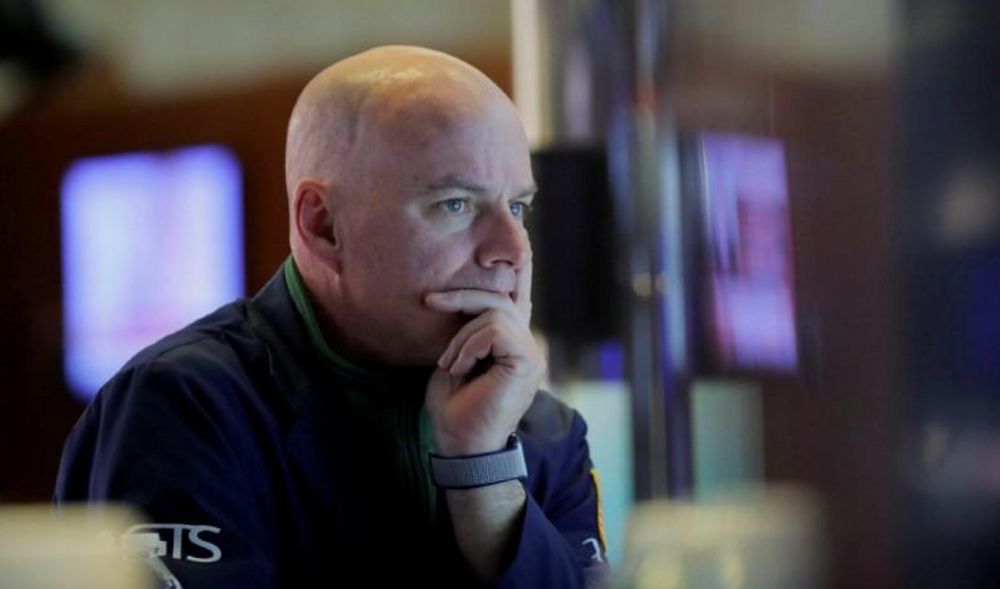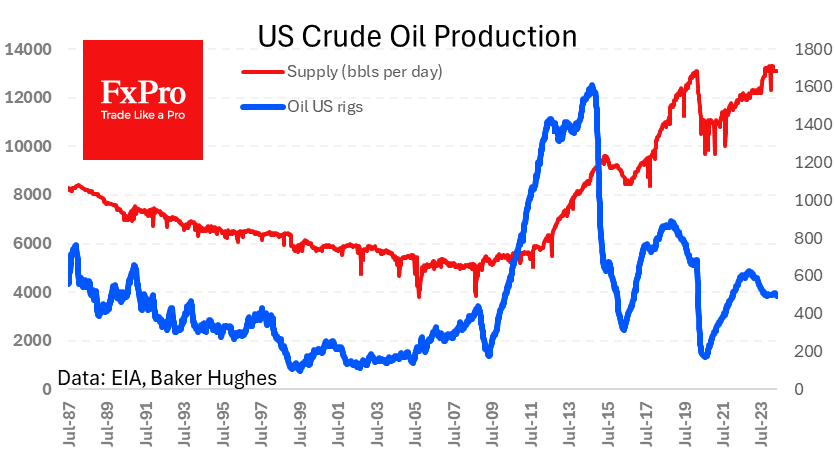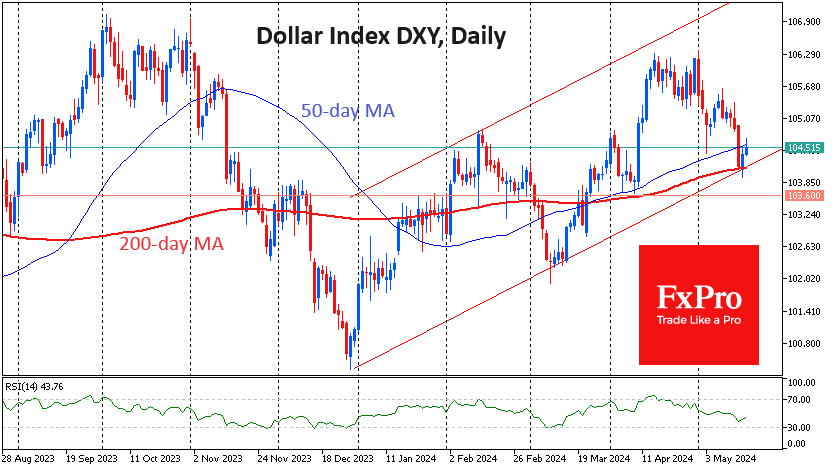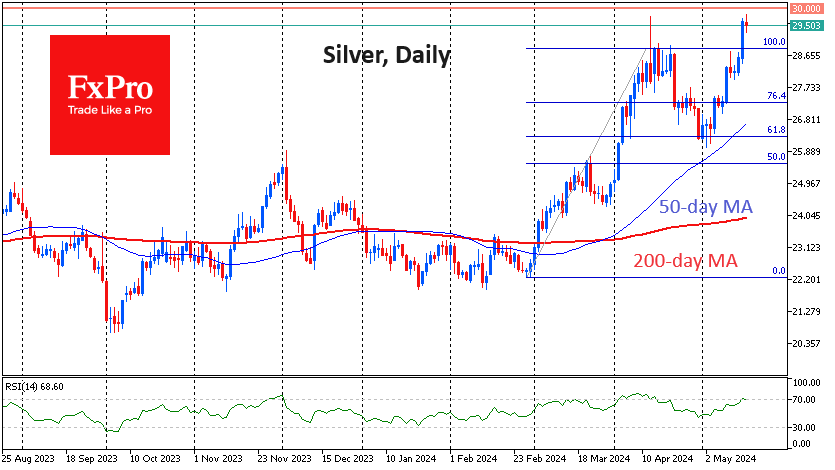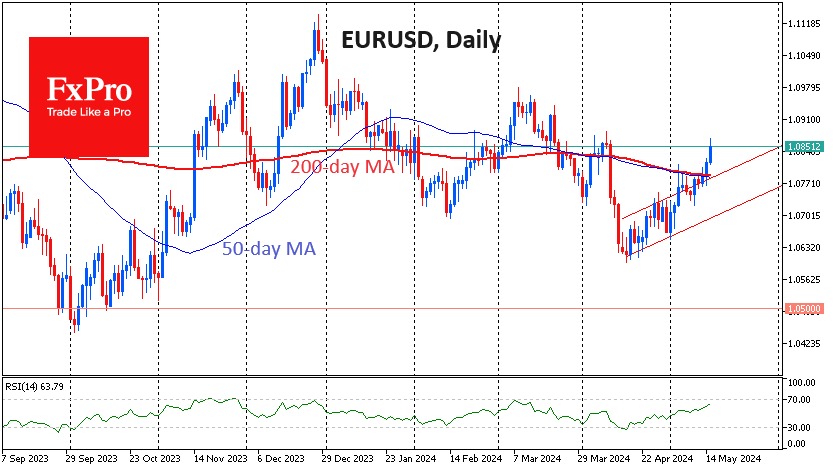Moody’s: coronavirus outbreak to negatively affect around 16% of North American companies
March 19, 2020 @ 13:12 +03:00
From airlines and cruise lines to retailers and energy companies, investors are fleeing large pockets of the corporate credit market, worried that the coronavirus pandemic will lead to bankruptcies, defaults and credit rating downgrades. The premium investors demanded to hold riskier junk-rated credit rose to 904 basis points over safer Treasury securities on Wednesday, its highest level since 2011, according to the ICE/BofA high-yield index.
The premium for safer investment-grade credit rose to its highest since 2009, at 303 basis points over Treasuries, based on the ICE/BofA investment-grade index. The risk premium for both has roughly tripled since the start of the year.
With liquidity rapidly drying up in short-term funding markets and more companies drawing down on their credit lines, the Federal Reserve has taken a raft of measures over the past week to ease the strain, including urging banks to use its discount window and providing cash through the commercial paper markets. The unabated rise in corporate borrowing costs, however, shows that strains in the financial system remain.
Airlines, auto suppliers, apparel, gaming, lodging and leisure are among the sectors that will be most affected in the short term, according to credit ratings agency Moody’s Investors Service Inc. Under its baseline scenario, Moody’s expects the coronavirus outbreak to negatively affect around 16% of North American companies. Under its worst-case scenario that number would jump to 45%.
Credit markets flash red as coronavirus hits corporate America, Reuters, Mar 19




